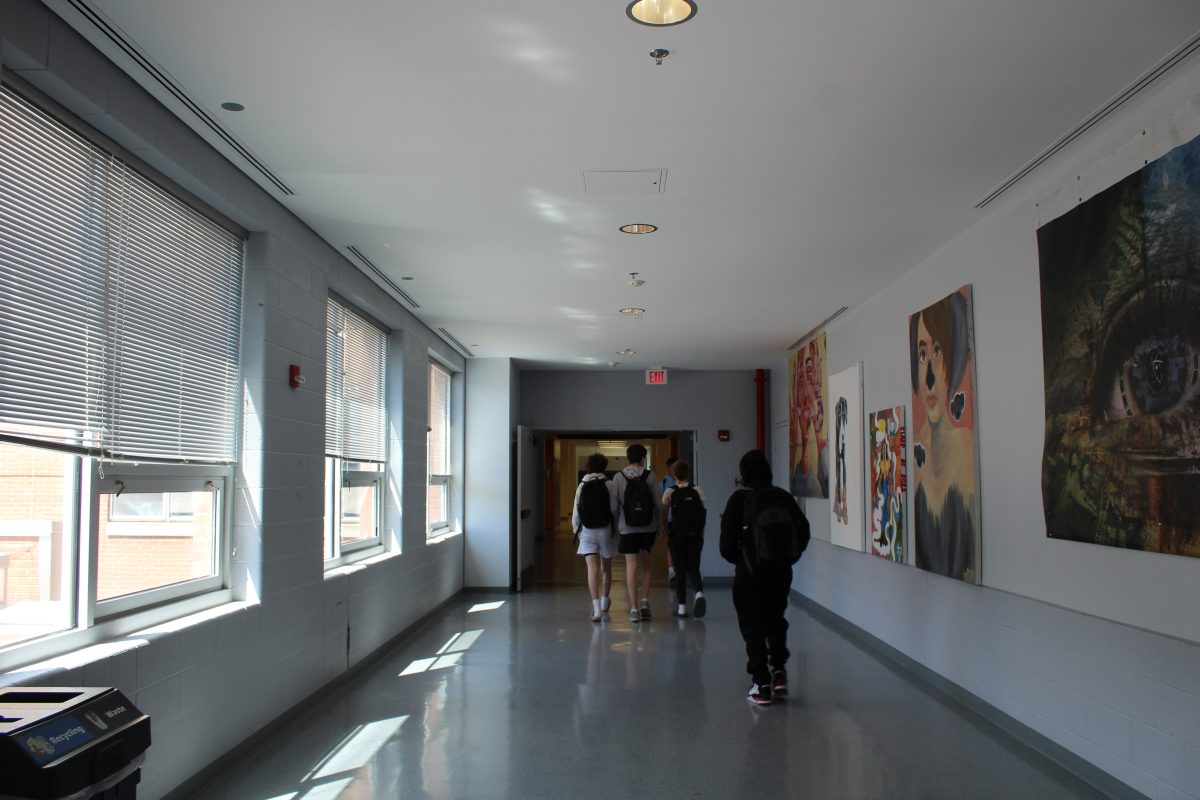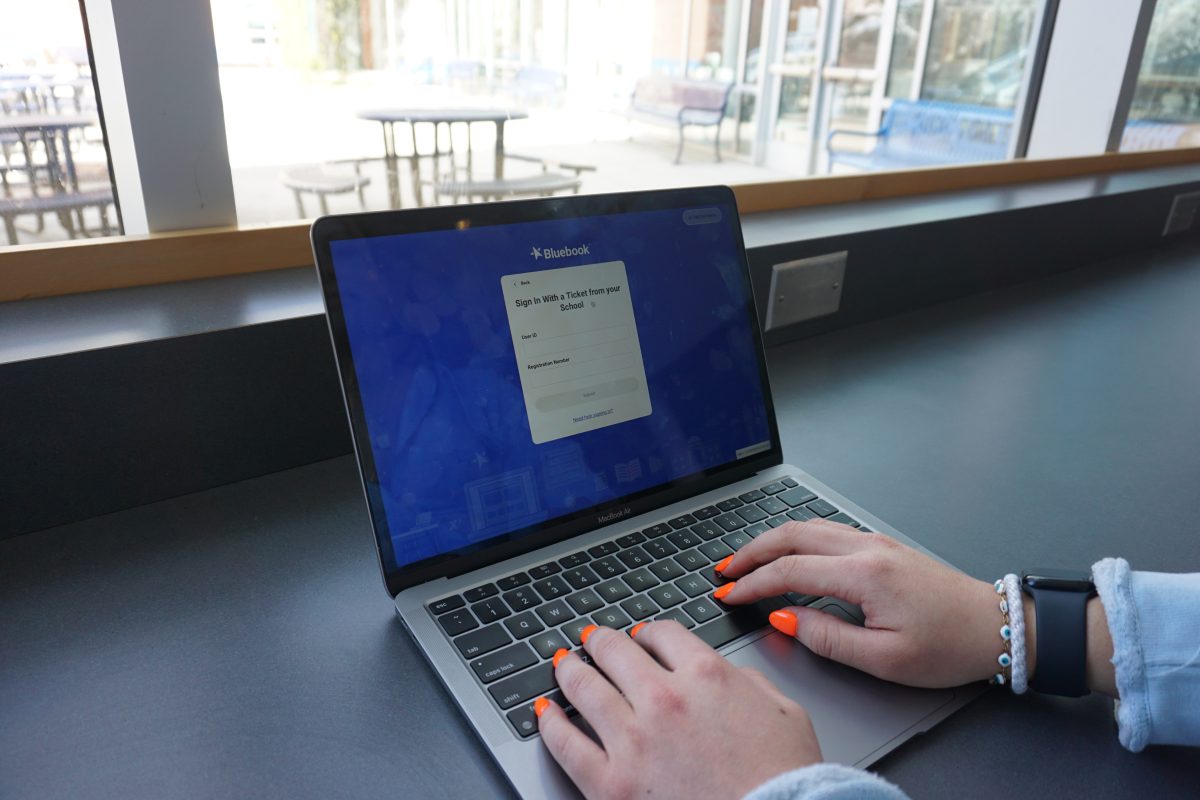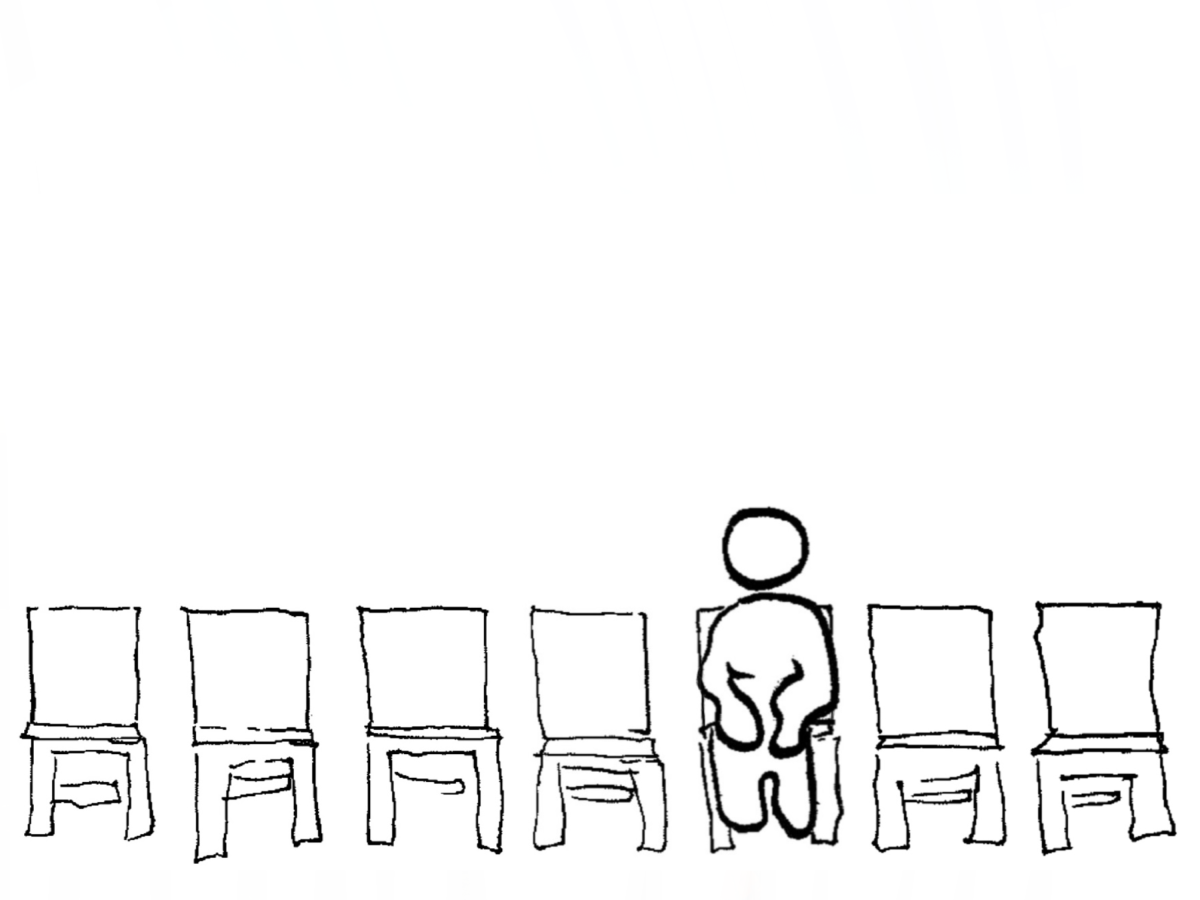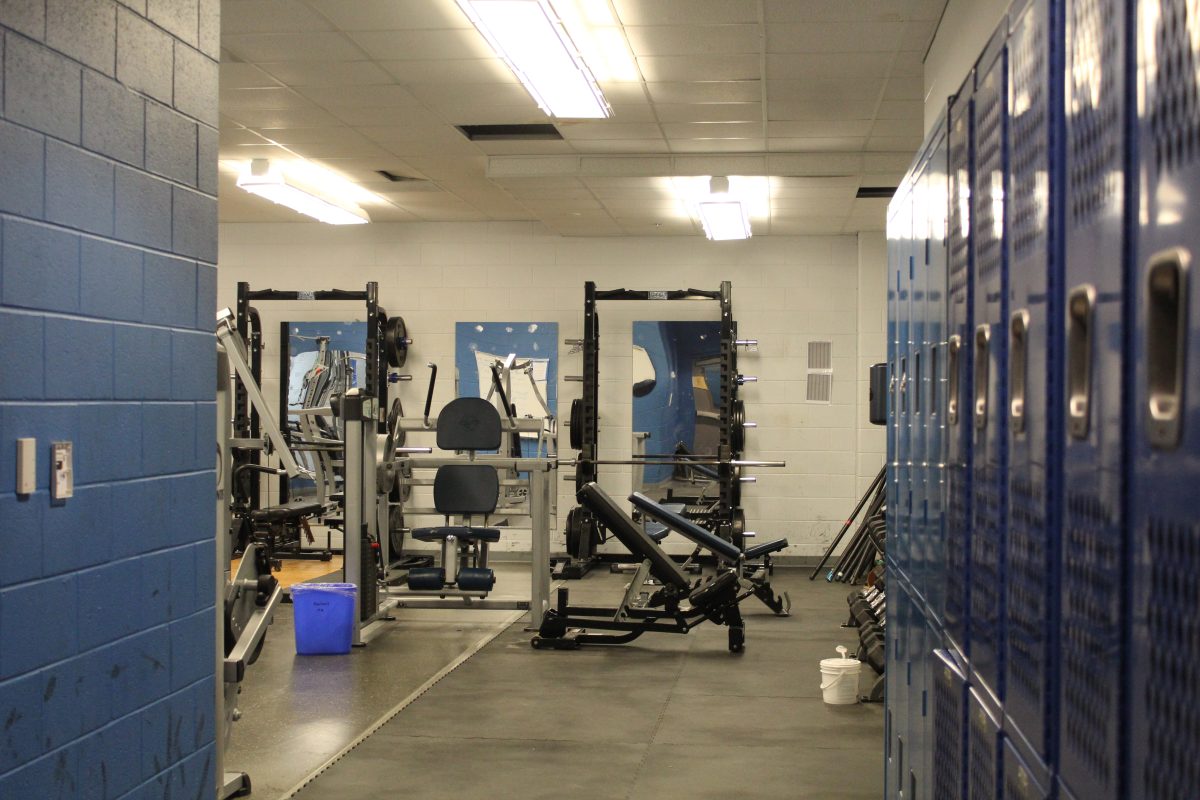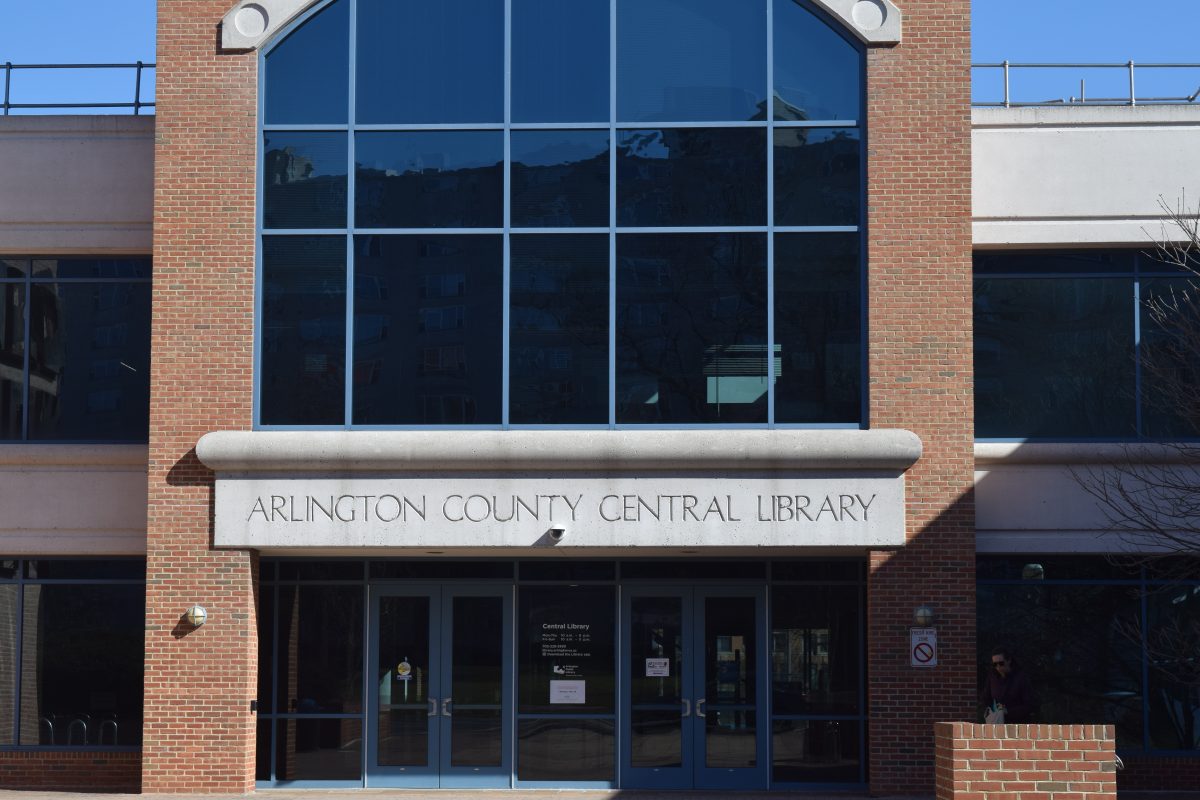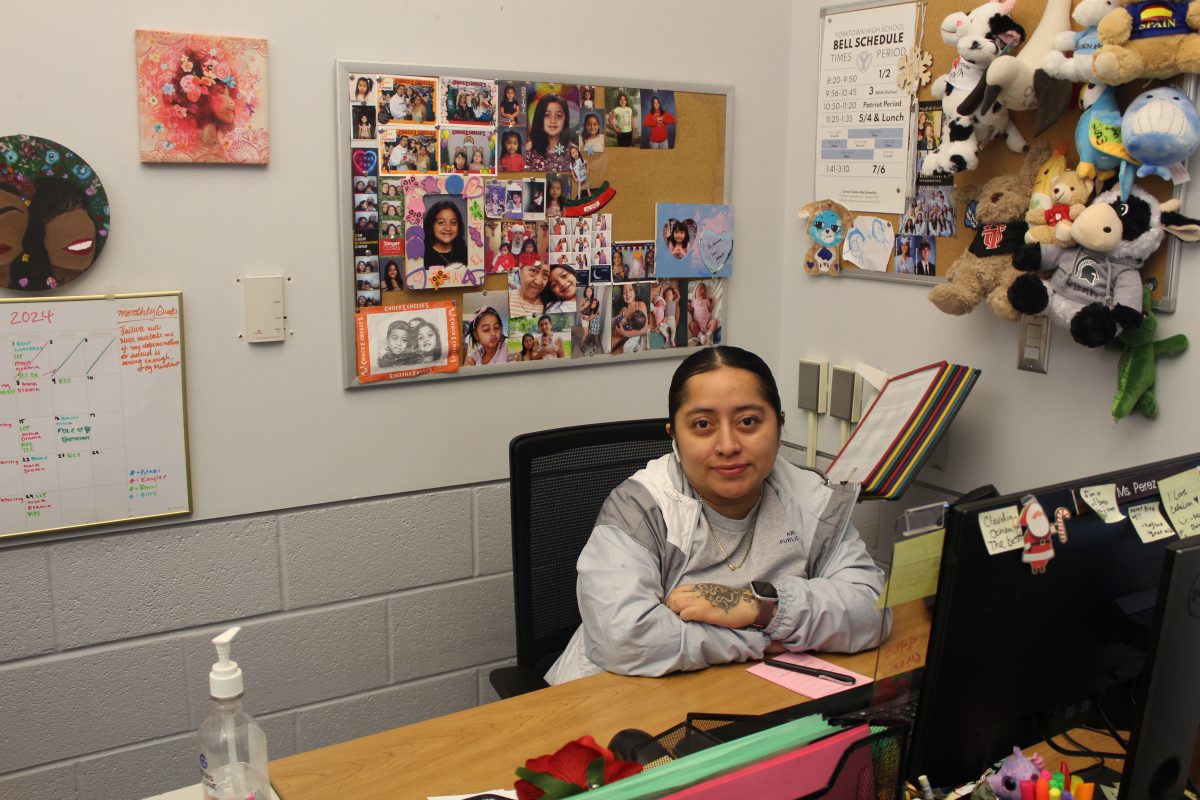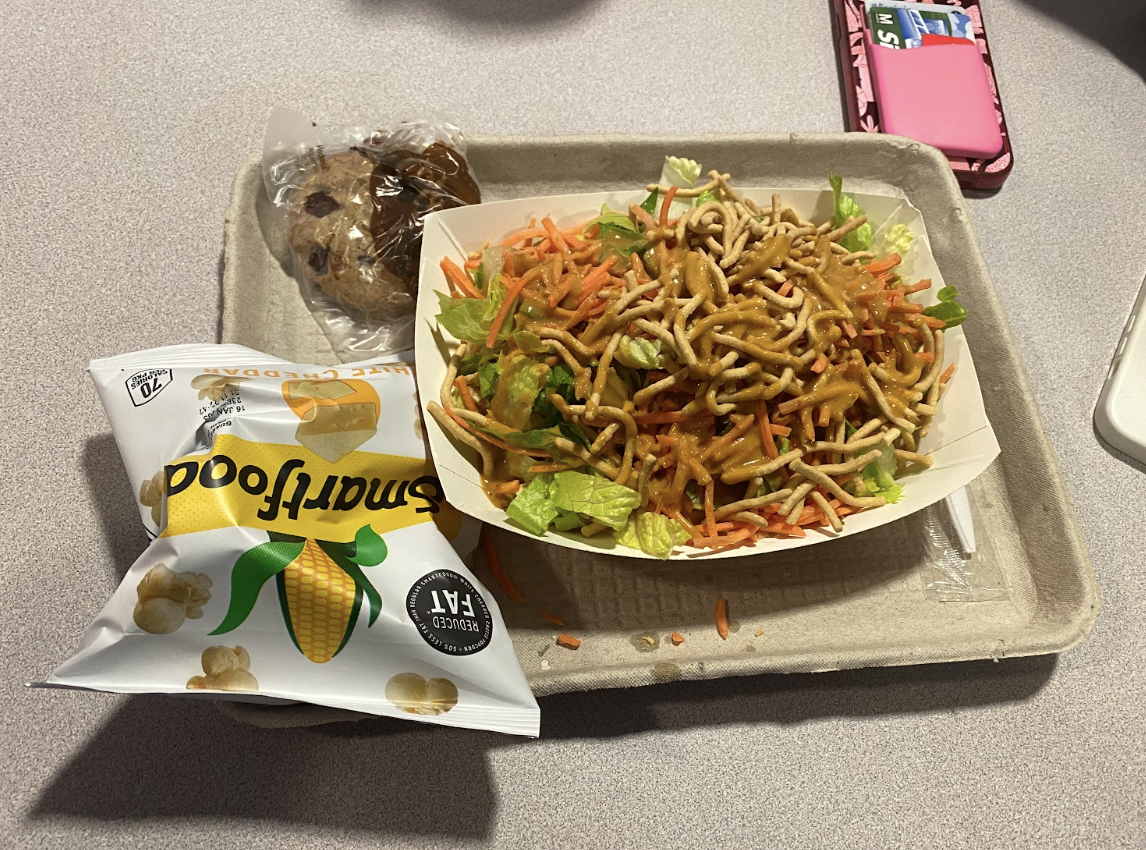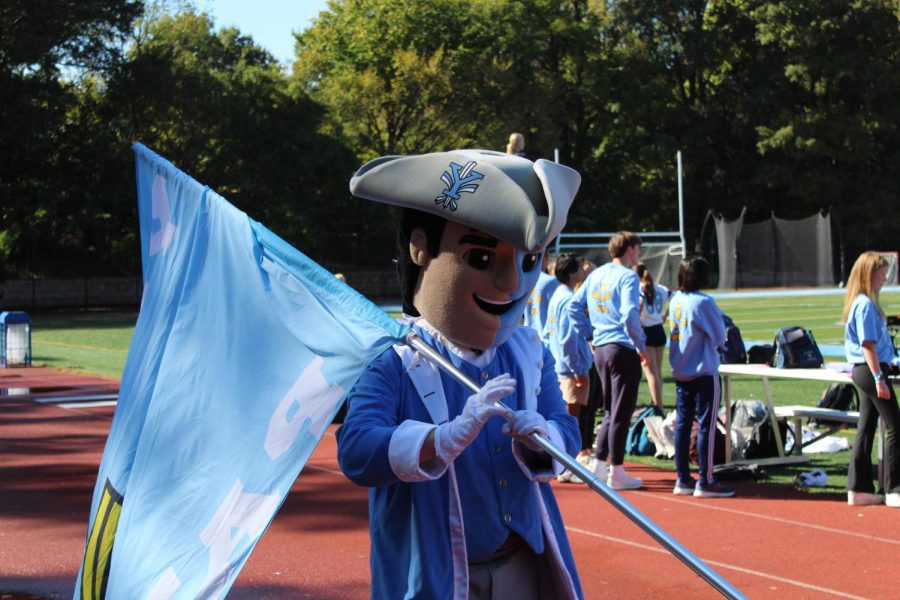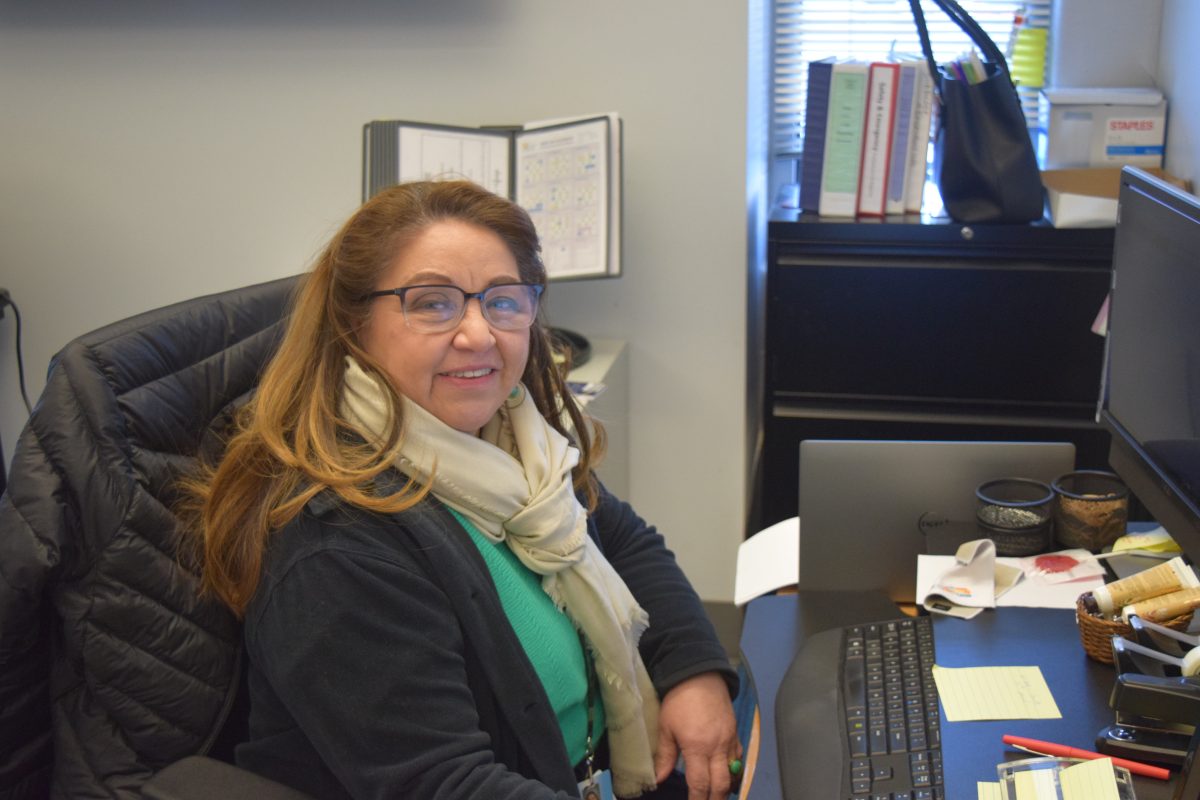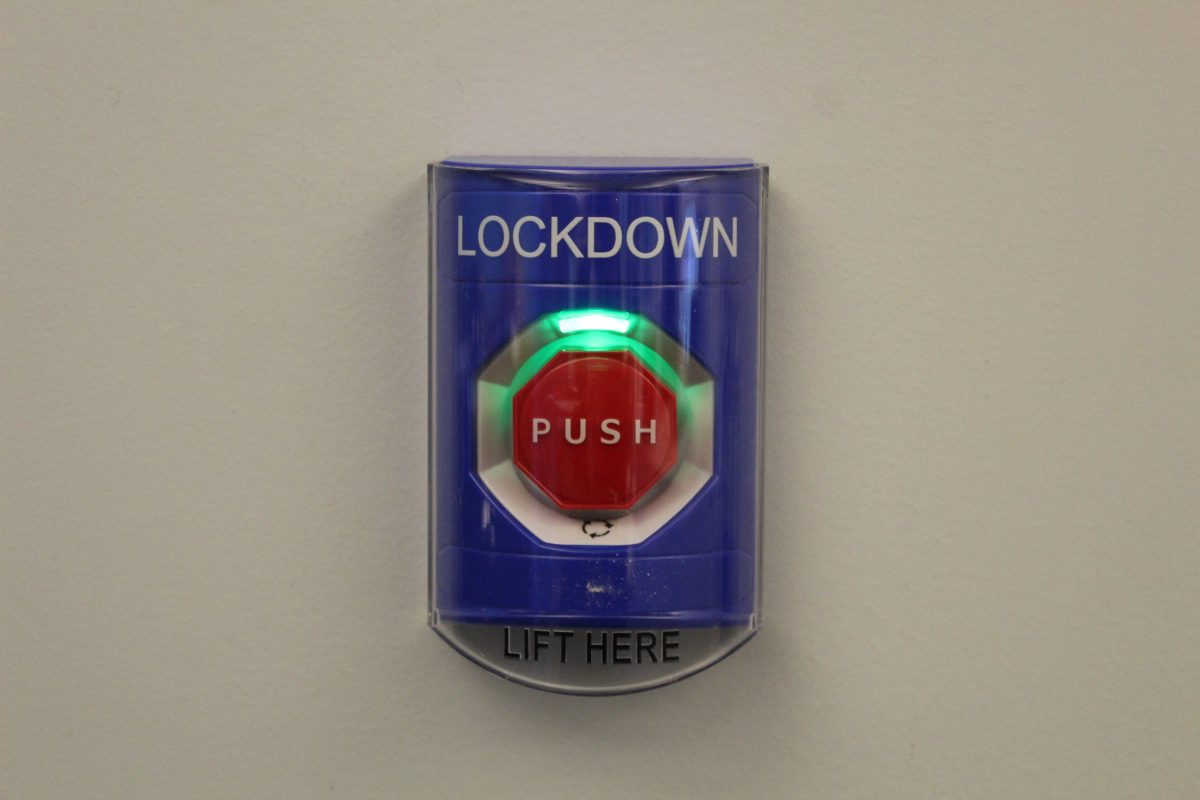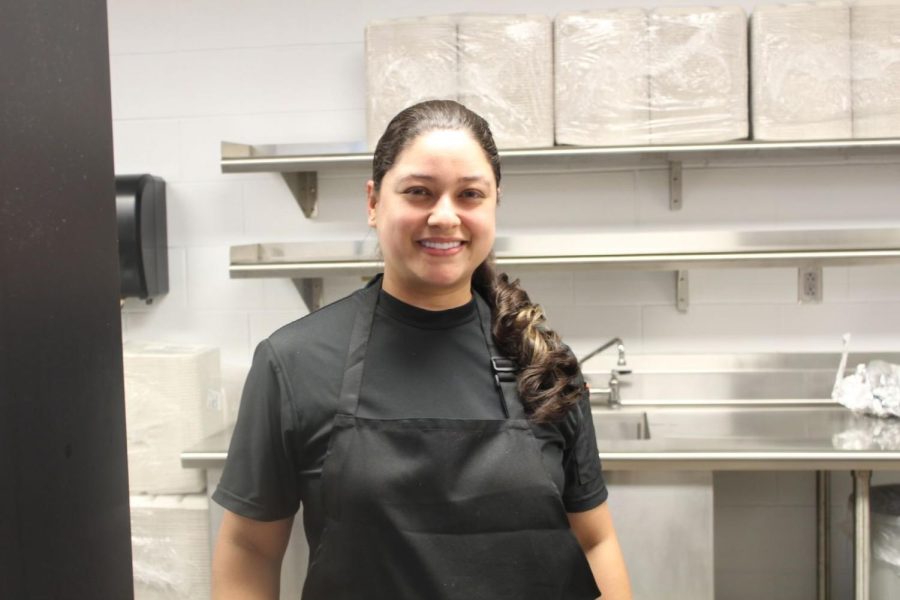By: Sophie Currie
Sentry Staff Reporter
Food stamps seek to help millions of low-income Americans with their food purchases and give them a more nutritious diet. It is hard to understand the importance of food stamps unless you see them from the perspective of these low-income families.
Michael Palermo, teacher, provides an insight on this situation through his annual Food Stamp Challenge. Food Stamps are one of the government programs studied in his AP Government class, so what better way to teach about food stamps than have the students attempt to simulate the program? The challenge forces the students to put themselves in the place of those who solely rely on food stamps in Virginia and live off a typical budget of about $4.25 a day. To gain extra credit, the students go one school week–five days–only eating what they can afford with their daily budget. Once finished with the week, the students are required to write a reflection paper on their experience making tough shopping decisions.
Palermo has been offering this extra credit for three years, inspired by The SNAP/Food Stamp Challenges that have been around for ten years. The program has been geared towards politicians making Food Stamp policies so that they can get a better sense of how they affect real people. Just like this program, Palermo intends to raise awareness amongst his students and get them to understand more fully, taking learning beyond the classroom and into real life.
“I thought it would be a good way to bring a real life, real world connection to what we are talking about in the classroom.”
Throughout the challenge, students quickly realized what a difficult task they face. While many are able to successfully make it through the week, others have to come to terms with the fact that they just cannot complete the challenge. This can be for various reasons besides their hunger getting in the way. Sports and other extracurricular activities are also a major reason students cannot make it through the week. Many athletes do not want their modified diet to get in the way of their physical performance. Regardless, the students are able to learn a lot from the simulation from just attempting the project.
“Even the ones who don’t make it through the week still get a lot out of it because they see how difficult it is for so many people,” says Palermo.
Once back in the classroom setting a lot of debate ensues, drawing out many different opinions. Many are also shocked at how difficult it was for them to make it through the week successfully carrying out the assignment.
Although students may have varying opinions about food stamps themselves, Palermo says “either way its a real eye opener because a lot of people don’t necessarily consider what its like to be in a position like that.”
Being placed in Food Stamp Program participants position is a new experience for all the students. Bringing the program to life appeared to be a good way to get students to understand, and has been very successful in showing the students how there are real people that depend on food stamps.
The students are not alone in their participation, however. Palermo himself has taken the challenge on a few times, including this year. This makes him more able to give tips and advice to his students, such as partnering up with a friend when shopping to get better deals and discounts. Overall it has been a good experience, but no walk in the park.
“It’s not easy, it’s tough,” states Palermo. “Especially when you’re at school all day, which requires a lot of focus, a lot of concentration whether you’re a teacher or a student.”
Throughout the year Palermo tries to incorporate as many hands-on projects and simulations as possible in order for his students to better learn the material. He has students take on different roles to do simulations to understand parts of government. He also has as many outside speakers come in as he can to talk to the class and keep things interesting.
In the end, the purpose of the Food Stamp Challenge is to get the students involved and get them thinking. Palermo’s assignment helps to raise awareness in the student body about how this program is a harsh reality and lifestyle for so many Americans. All this is done to help further the education of the students and give them new food for thought. “Any opportunity I can find that will broaden the perspective of the students in my class is worthwhile,” declares Palermo.
Featured Image by Libby Boda

